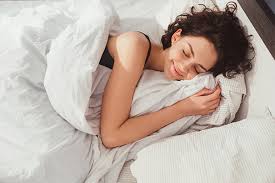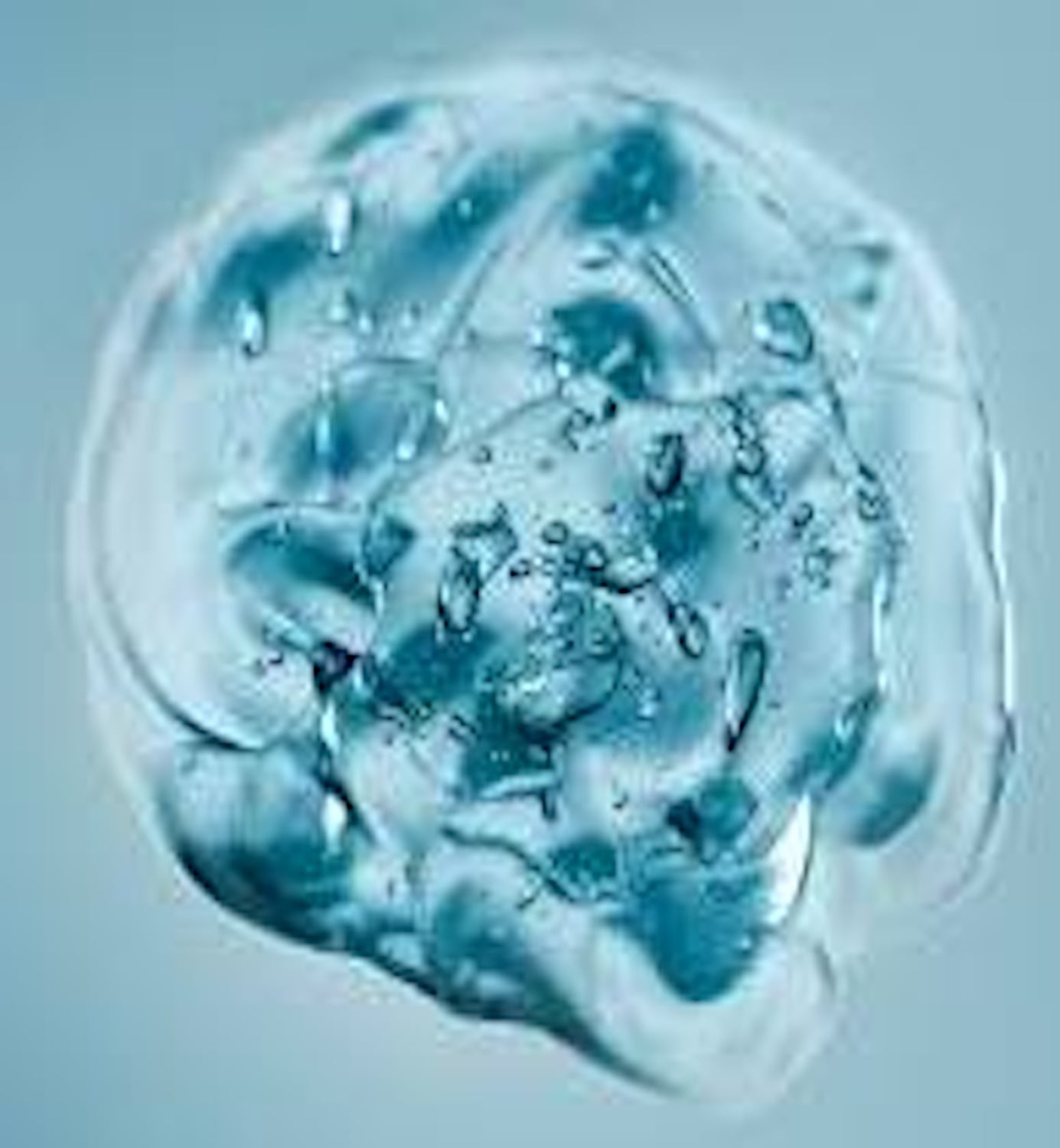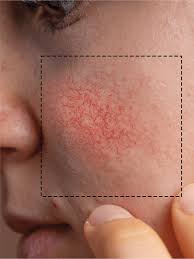
Sleeping Beauty: Is There Really a Connection Between Sleep and Beauty?
We all know the story of Sleeping Beauty. Perhaps this tale carries another message for us. Sometimes it’s inevitable to delay bedtime and stay up for a few extra hours, but research shows that regular sleep has many benefits.
Getting regular sleep helps you feel better and more refreshed during the day. But that’s not the only benefit; those who don’t want to compromise their beauty shouldn’t compromise their sleep. If you delay your bedtime, the mirror may not show you what you want to see.
Enhances Your Skin...
This might explain why our mothers insisted on our “beauty sleep” when we were younger. Studies show that individuals who sleep 7-9 hours regularly have younger and healthier-looking skin. While regular sleep may not reduce wrinkles, it can help prevent them.
Another point we often overlook is our pillows. Yes, you read that right—the texture of our pillows, the pillowcase material, and even the pressure and contact between our face and the pillow while sleeping are significant for our beauty. Constantly sleeping on one side can cause deformation in the area we sleep on. Using softer and smoother surfaces like silk or satin pillowcases can reduce the friction and pressure on your skin, helping to prevent such issues. Additionally, frequently changing your sleep position can also be beneficial for your skin.
During deep sleep, our bodies produce growth hormones that aid in cell and tissue repair. Additionally, while you sleep, your body synthesizes collagen, a protein that helps make your skin stronger and more elastic.
The Under-Eye Bag Warrior: Regular Sleep
When we sleep, our bodies lose water. That’s why drinking water as soon as you wake up is crucial. This helps minimize the appearance of fine lines and wrinkles and makes your skin look healthier. If you have under-eye bags, regular sleep can help reduce them and make them less noticeable.
If you suffer from eczema, acne, or dark circles under your eyes due to stress, regular sleep can help control your stress levels and support the resolution of these issues.
Aids in Weight Loss
We know that lack of sleep leads to irregularities in brain activities, but could it also disrupt the hormones that regulate hunger and fullness? Unfortunately, the answer is yes. The hormone leptin signals the brain that you’re full, while ghrelin signals hunger. Sleeping less than 7 hours a night disrupts the balance of these hormones, leading you to consume more calories than you need.
Many studies indicate that individuals with sleep problems have higher body mass indexes than those who get enough sleep. A 2013 study found that late bedtime and chronic insomnia increase nighttime food consumption and trigger weight gain. Another study from the University of Chicago reported that sleep deprivation stimulates a chemical in the body called endocannabinoids, which increases cravings for sweet, salty, and fatty foods. So, even if you’re not physically hungry, you may feel hungry when you’re sleep-deprived.
Tips for a Good Night’s Sleep:
The right meal before bedtime can help you fall asleep more easily. Foods like milk, bananas, and almonds can help you sleep better thanks to their magnesium and tryptophan content. However, if you have weight problems, consume this small meal at least 2 hours before bedtime.


